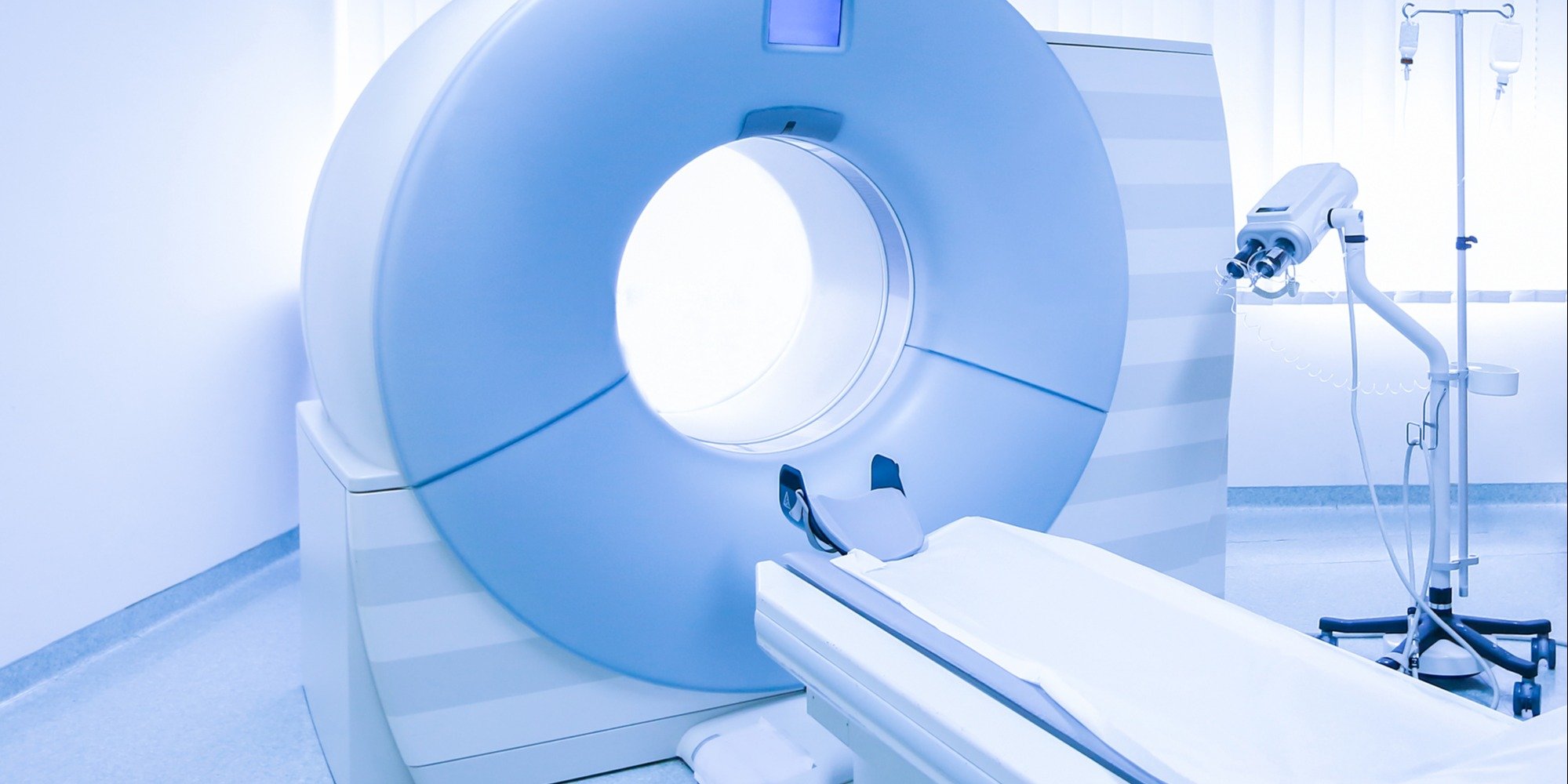Individuals are filing lawsuits against Gadolinium manufacturers based on claims that Gadolinium-based contrast dyes, used for MRI exams, can cause various health issues. Here’s what you should know about Gadolinium and the litigation surrounding it.
What are Gadolinium-Based Contrast Agents?
Gadolinium-Based Contrast Agents (GBCA) are intravenous drugs that improve visualization of internal organs, blood vessels and tissues to enhance the quality of magnetic resonance imaging (MRI). GBCAs are rare earth metals that are given through an IV in the arm.
What Is Gadolinium Deposition Disease?
Gadolinium deposition disease (GDD) is a relatively new medical term referring to persistent symptoms developing in patients following an MRI where they are injected with a GBCA. These are patients who display normal or near-normal kidney function.
Some symptoms of GDD include:
- Headache
- Bone and joint pain
- Cognitive impairment, including “brain fog”
- Painful and/or thickened tendons and ligaments
- Muscle vibrations/twitching and skin pins and needles sensation
- Intense burning sensation in the arms, legs and torso
- Tightness in hands and/or feet
Symptoms can develop within hours or even up to two months following an MRI with GBCA. Individuals who are most at risk for GDD include pregnant women, children, patients with inflammatory conditions, and those who receive four or more contrast MRIs.
FDA Warnings
In December 2017, the U.S. Food and Drug Administration (FDA) released a safety announcement requiring a new class warning for all GBCAs concerning gadolinium remaining in patients’ bodies, including the brain, for months to years after receiving these drugs during an MRI exam.
The announcement also included several actions to alert health care professionals and patients, such as requiring a new patient Medication Guide intended to provide educational information that each patient is to read before being injected with GBCA. The agency is also requiring that manufacturers of GBCAs conduct more human and animal studies to continue to assess its safety.
In May 2018, the FDA approved updated prescribing information to include warnings about Gadolinium retention, as well as new patient Medication Guides for all GBCAs.
The Litigation
Individuals taking action and filing lawsuits against GBCA manufacturers allege that the pharmaceutical companies were aware, or should have been aware, about the risk of serious injury developing in patients after being injected with GBCAs. The lawsuits also make assertions that the manufacturers did not do enough to warn patients and doctors, and that a safer alternative was available.
Gadolinium lawsuits have been filed in both state and federal courts across the county.
If you expect to take on Gadolinium cases—or if you have already started— it’s imperative your law firm has an efficient intake process in place to readily convert each quality lead into a case. If your intake system isn’t equipped for a large-scale campaign, you can always partner with a specialized legal intake center, like Alert Communications. A legal intake center can help you optimize your marketing investment and gain the greatest ROI possible.

